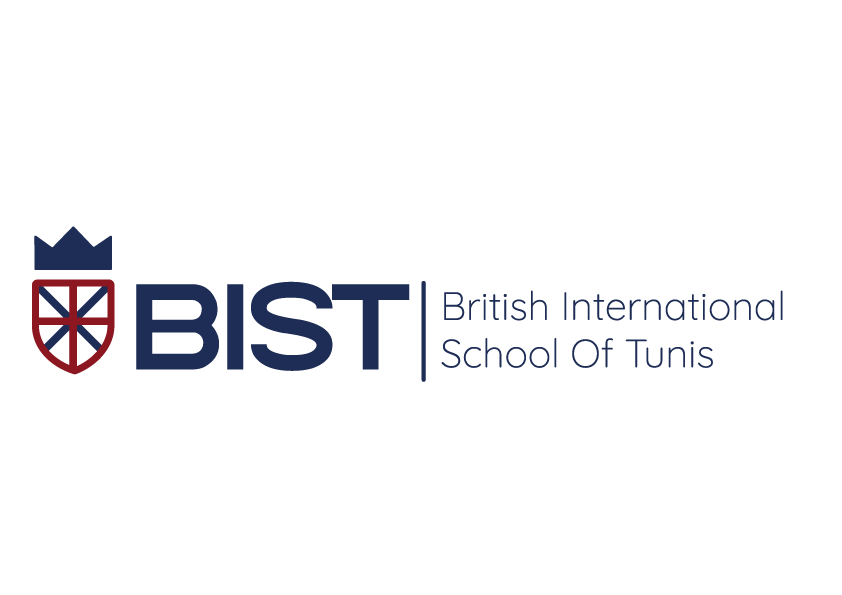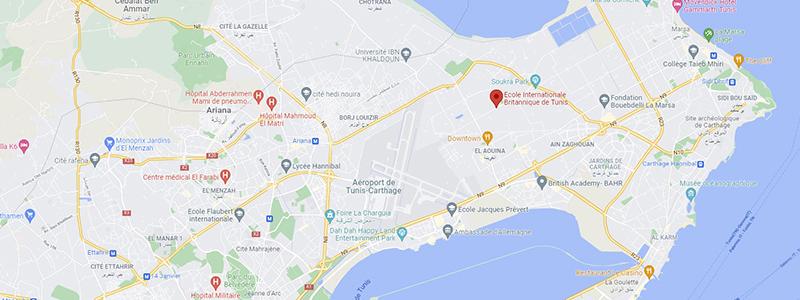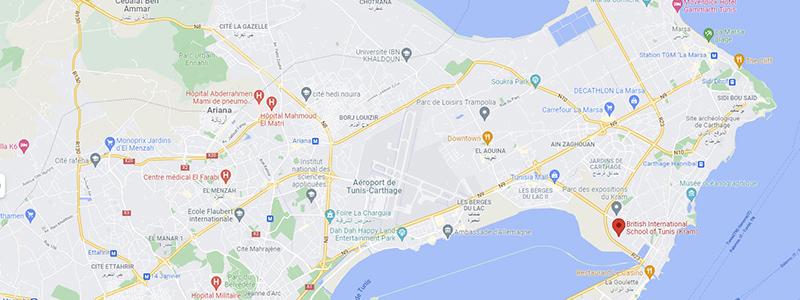The BIST way
A key transition
to prepare for the future
Ensuring a smooth transition from Primary to Secondary
The transition from Primary to Secondary School is a big step in a pupil’s educational journey as they take on increased independence and responsibility.
A strong emphasis is placed on managing the transition from the Primary School and supporting the successful integration of pupils into life at the Secondary School.
We also ensure that all pupils joining our Secondary School from other schools are supported as they settle into their new environment.
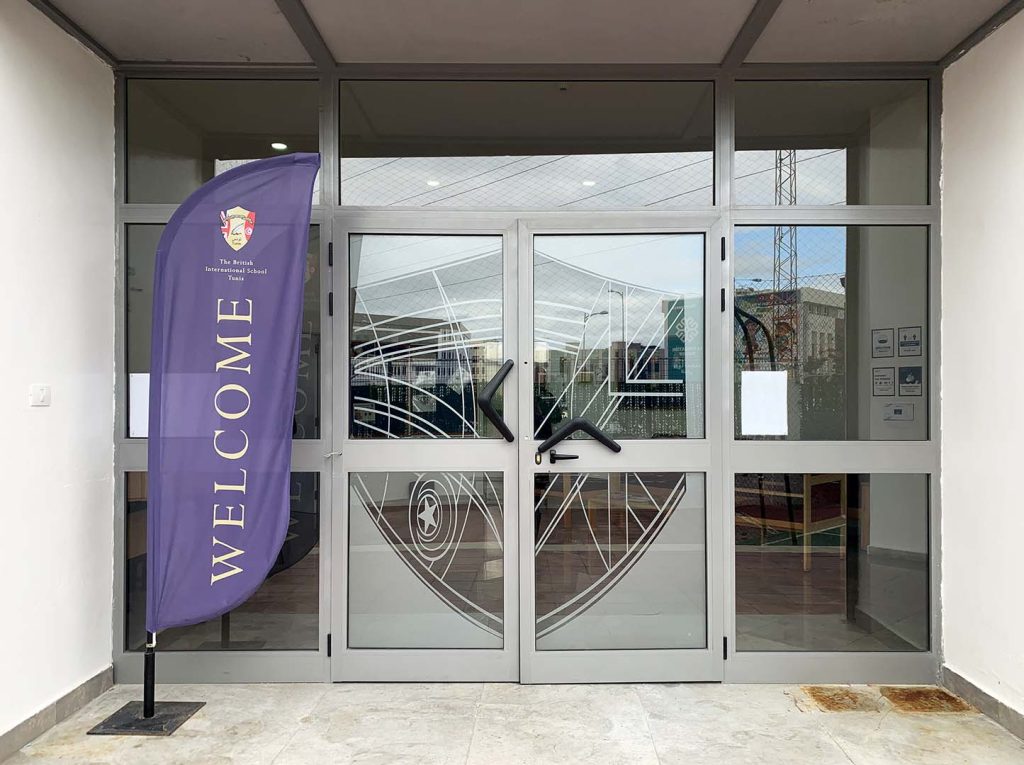
Introducing Key Stage 3
Build skills and… opportunities
Year 7, Year 8 and Year 9 are three dynamic years of a learner’s education, that build upon the foundations laid down in Primary School, and help define the pathway towards Key Stage 4, the two-year programme culminating with IGCSE examinations – qualifications that are recognised and highly valued by universities around the world.
Our Key Stage 3 curriculum is broad and balanced and offers all pupils the opportunities to build their skills and nurture their aspirations. Our subject choices are constantly evolving, based on the wide range of choice from our quality teachers.
Enrichment and support
Pupils are engaged as well in an extensive range of enrichment activities, which offer opportunities to work collaboratively and cooperatively on shared endeavours, reflecting our belief that personal and social development are as vital as academic growth.
We feel extremely proud of delivering a high standard of pastoral care and guidance, meant to support the success of our pupils by helping them to overcome barriers to achievement and building a solid foundation for future achievement, both in and outside of the classroom.
Key Stage 3 Curriculum

English
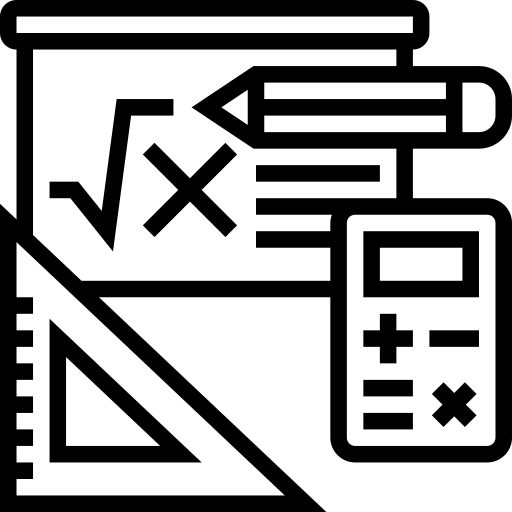
Mathematics

Science

Art

French & Arabic

Geography

History
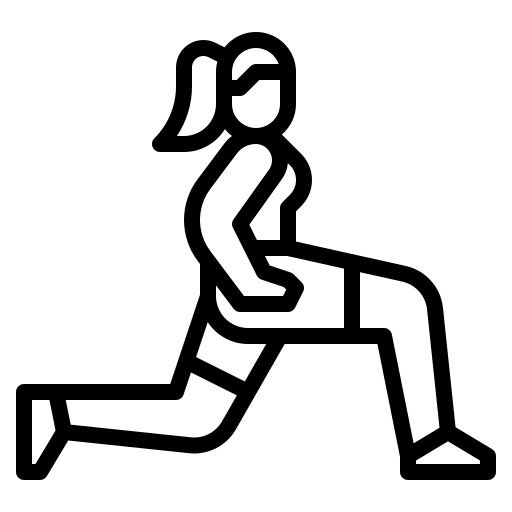
Physical Education

Computer Science
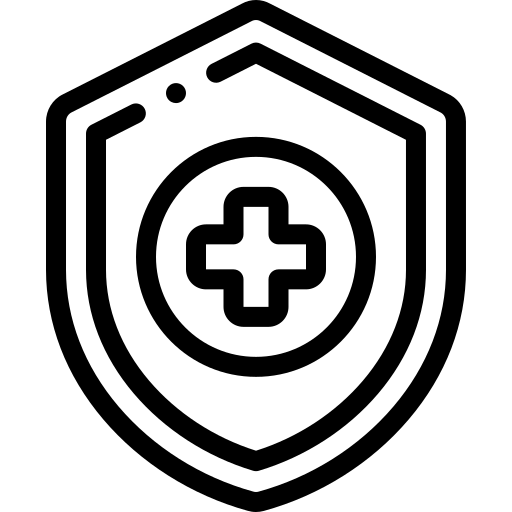
PSHE

Global Perspectives
Download the Key Stage 3 Curriculum
Introducing Key Stage 4
Beginning of specialisation
The shift from Key Stage 3 to Key Stage 4 involves some important changes both in the nature of the lessons and in the structure of the timetable. By the end of Key Stage 3, pupils will begin the process of selecting areas of specialism.
Pupils join Key Stage 4 in year 10 and begin their selected programme of study in specialist classes with experienced teachers to help them achieve the best results. The IGCSE programmes of study are two years in length with formal external examinations at the end of year 11.
Growth and academic freedom
Core subjects include Mathematics, English Language, English Literature, Science (Biology, Chemistry, Physics) and a foreign language. A wide range of other subjects are available and may include Geography, History, Art & Design, Business Studies, Physical Education, Music, Computer Science, Global Perspectives and Science.
Key Stage 4 characterises a time of growth and academic freedom, where pupils are led to explore their interests and aspirations in depth. Whilst there is a great emphasis on academic studies, they are encouraged to continue their personal growth through the additional activities they can engage in beyond the classroom.
Download the Key Stage 4 Curriculum

Cambridge Assessment
The Cambridge International Project Qualification allows learners to demonstrate engagement with a topic of their choice beyond the confines of the curriculum. The IPQ is an independent research project that requires the candidate to construct an appropriate question, undertake a literature review, and design and carry out their research. The IPQ helps pupils progress to higher education and is valued the same as half an A- Level in UCAS.
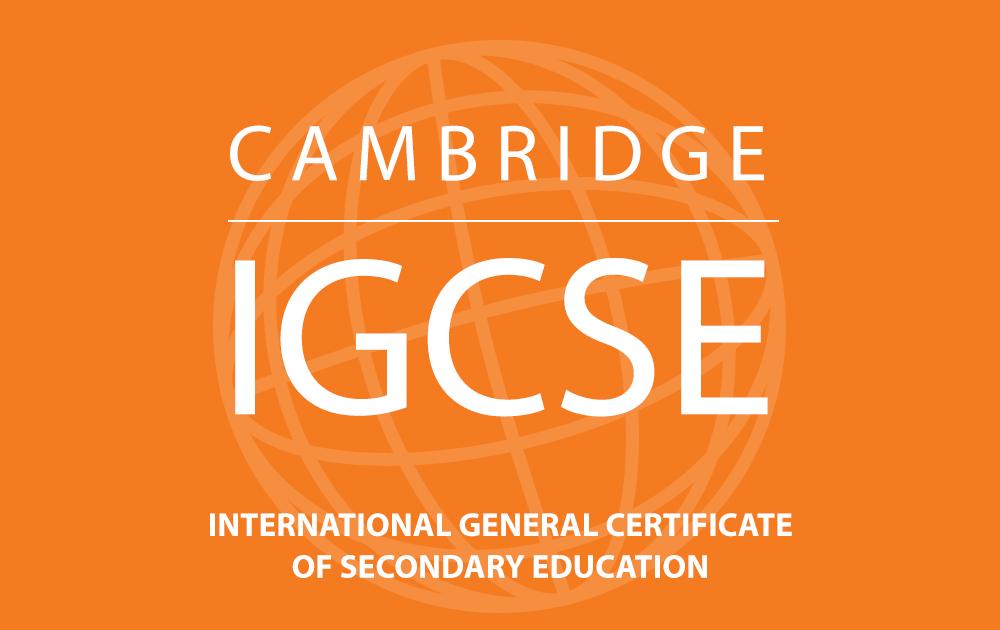
iGCSE
International General Certificate of Secondary Education are normally taken at 16 years of age in Year 11. The grades awarded range from A* to G. A grade of A* – C is considered a Pass to begin Sixth Form courses. Normally these subjects would be studied over two years but in Year 12 there is the option in only some subjects of a more intensive one-year course.
